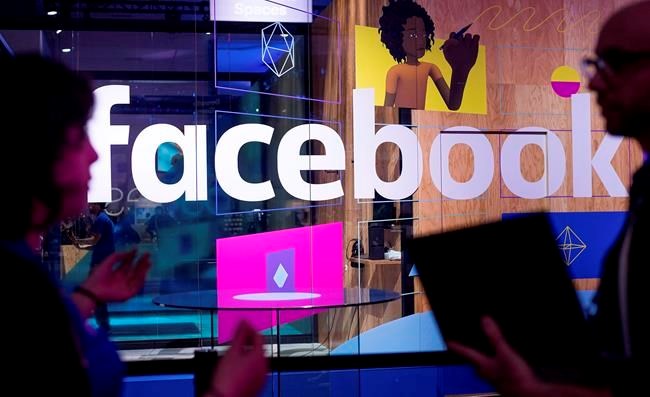If you organize a protest and nobody shows up, it’s not a rally. If subscribers deactivate or abandon social media, it’s no longer social.
If companies design online social apps and platforms to advance arrogant, callous, manipulative, possibly deceitful or criminal behaviour without remorse, the companies meet the definition of antisocial.
British election-consulting firm Cambridge Analytica and its associates are alleged to have used data from Facebook profiles of more than 50 million users without permission to develop algorithms intended to influence voting in the 2016 U.S. election and U.K. Brexit vote. Many governments and people want to know how much Facebook knew about this, when, and what it did and didn’t do to protect its users.
The company’s reluctant and inadequate response to these and previous disclosures and to repeated breaches of users’ privacy in recent years inspire little public trust. And CEO Mark Zuckerberg’s refusals to appear before a U.K. parliamentary committee and Britain’s information commissioner raise even more questions.
Cambridge Analytica, parent company SCL and Victoria-based AggregateIQ have also been decidedly opaque about these matters.
> For more on Cambridge Analytica, Facebook and AggregateIQ, go to timescolonist.com/more
The conversation about social media is shifting. When the mayor of Victoria deletes her Facebook account because of the unconstructive discourse taking place there, not many take notice. But when the British parliament and privacy commissioner, and the U.S. Congress and Federal Trade Commission demand answers, the world comes to attention. That attention is focusing on the social obligations of social-media companies.
Companies such as Facebook, Google and the makers of the thousands of online apps gather and exploit user information — that’s their business. To use the services they offer, we agree to provide the companies with our information and let them track how we use the tools. The companies collect the data so that advertisers can better target us online — and manipulate us into buying their products.
We’ve seen that these tools can be used to promote social change transparently, too. Social media have been key in organizing the recent student demonstrations for gun control and the marches in support of science across the U.S., as well as the #MeToo movement. They have been successfully used throughout the decade to rally hundreds of thousands of people to causes.
Despite the social-justice potential, joining any social-media platform or downloading any app remains a commercial transaction. Corporations will always place their own interests over broader social interests or individual users’ interests.
However, with these recent allegations and revelations, governments — which are often elected to further their public’s interest — are at least beginning to acknowledge that existing privacy legislation is inadequate to today’s needs.
To date, Silicon Valley has dictated how Western governments respond to the tech industry’s collection and use of private information. This is changing. The EU’s General Data Protection Regulation, which comes into effect May 25, overhauls how businesses process and handle data. It applies to any company that provides services to EU residents, regardless of where the company is based. Fines for breaching the regulation’s requirements range up to 20 million euros or four per cent of a firm’s global turnover, whichever is greater.
Canada and other countries are now looking into strengthening their privacy legislation, as well.
Social-media subscribers are being educated by these recent events. According to a recent Angus Reid survey, 73 per cent of Canadian Facebook users say they’ll change how they use Facebook, and 10 per cent say they plan to abandon the platform, at least temporarily. Users in the U.S., the U.K. and the EU are reported to be reconsidering the platform.
More significantly, shareholders are walking, and some are suing. Since news of the vote-influencing scandal broke, Facebook’s value has dropped $100 billion.
Together, defecting users and shareholders are telling companies that antisocial attitudes and approaches to gathering, protecting and exploiting user data are unacceptable.
Since the Florida high-school shooting in February, students have used Facebook and other online social sites to pressure consumers and retailers to boycott products made by gun manufacturers. Gun-maker Remington has filed for bankruptcy protection.
Wouldn’t it be ironic if voters everywhere started using Facebook against itself in a similar way?



